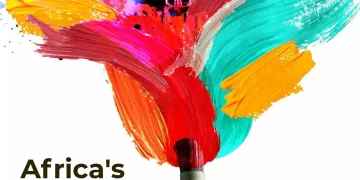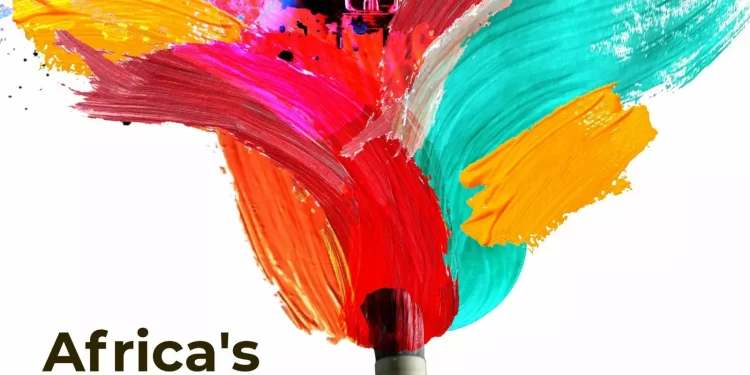One of the key findings of the report showed that although the majority of respondents (85%) believed that arts and culture were an important part of society, only a few supported the sector, with many (78%) confessing they spent nothing or “very little” on arts and cultural pastimes. They also don’t read much African literature and few respondents saw the creative sector as a viable career opportunity.
The findings are concerning given the growing attention on the creative and cultural industries as a low barrier entry sector that can absorb much of Africa’s youthful talent. The continent’s leading musicians, authors, filmmakers, fashion designers and performers are making their mark in the world, yet African’s themselves are often not their biggest source of much needed revenue.
Africa No Filter is interested in the state of the creative sector as we believe it plays a fundamental role in rewriting the African narrative. So we wanted to explore the narratives young Africans have about the importance and relevance of creativity in their lives and in the continent’s development.
The resulting report, Africa’s Soft Power: Can Africa’s creativity transform the continent?, interviewed 4500 people aged 18 and 35 to find out what they think about the role of arts and culture in their society. The research was done in Egypt, Morocco, Ghana, Ivory Coast, Nigeria, Kenya, Uganda, South Africa and Zimbabwe.
The report unpacks the attitudes and behaviours of respondents towards creativity in Africa. The findings cover the creative sector, including whether youth respondents thought governments were doing enough to support the creative industry, their perceptions about creativity and success, and their behaviour as an audience for the creative sector.
Here are key findings from the report:
- Arts and culture are important: In all nine countries where youth were polled, more than 85% of respondents believed that arts and culture were an important part of their society.
- Creatives are influential and admired: An average of 82% of all respondents respected and admired creatives in their country.
- Young Africans did not believe it was possible to make a good living in the creative sector: Only 4% of respondents worked in the creative industry.
- Proving that Africa is a market for creative content, young Africans are consuming African films equally as much as the US or international content: Most respondents watched films every week, whether local/African films (67%) or US/international films (66%). Among respondents who watched between one and seven films, slightly more had watched local or African movies (57%) than international or US films (53%)
- African writers are not writing for African audiences … and worryingly, many African youths are not reading for pleasure: Hardly any respondents had read a book in the month before the interview; 75% had not read any international authors, and 71% had not read any African authors. This indicates that African authors are not attracting an African youth audience.
- Film is the most appreciated creative platform: Of all the creative art forms, respondents were most likely to have watched films, whether local/African (57%) or international (53%).
- Respondents were not spending much money on creative outputs: Although respondents believed that arts and culture (85%) were an important part of society, few were spending to support the sector. In the creative sector, 78% said they either spent nothing or “very little” on arts and cultural pastimes.
- Business and entrepreneurship are still seen as the top way to make money: Nearly half of all respondents (48%) believed a traditional career in sport was seen to be more lucrative than a career in the creative industry. 23% of the respondents felt they would make more money from football or basketball compared to 13% who opted for music and film. Of respondents from Cote D’Ivoire, 45% believed sport was more lucrative, and South Africans (22%) and Kenyans (19%) perceived social media influencers as earning more than creatives.











